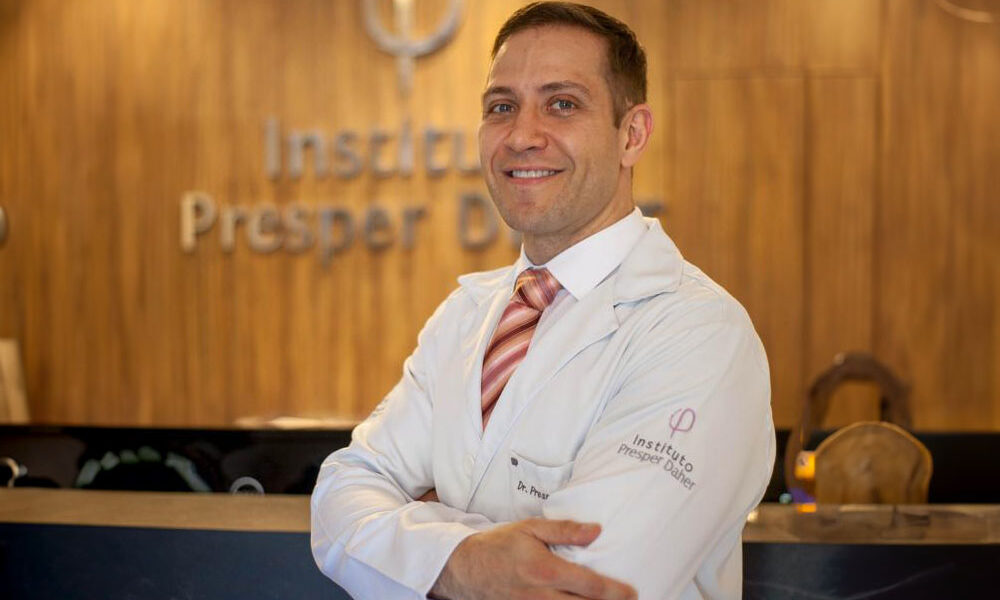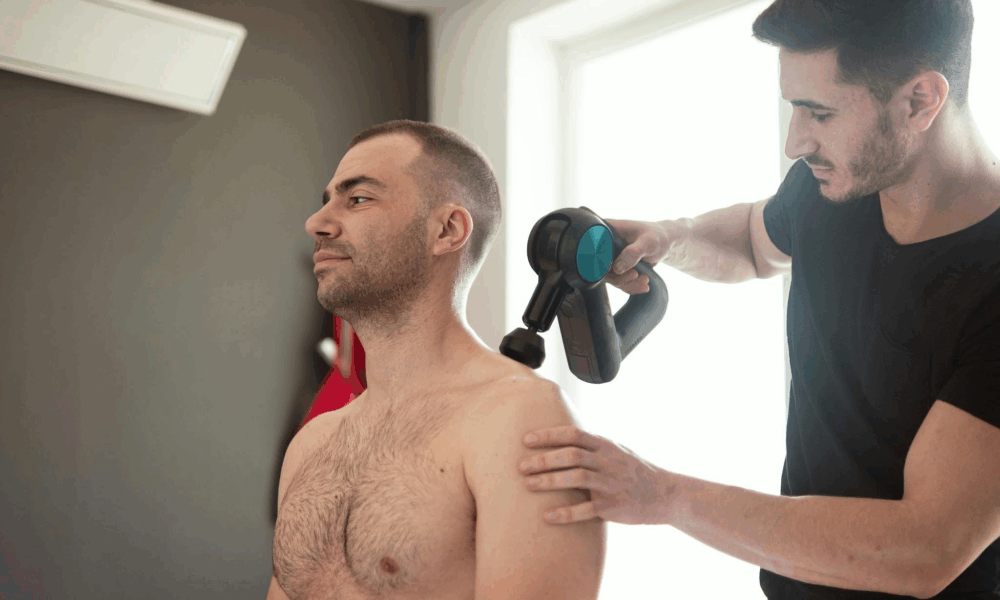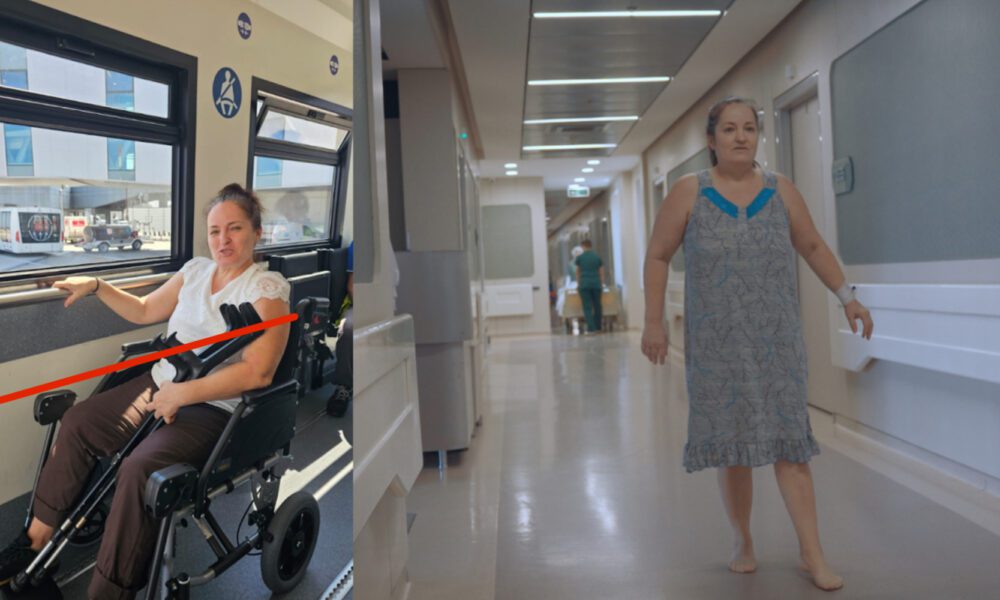In recent years, the intersection of aesthetic medicine and chronic disease management has become an increasingly pressing issue within U.S. healthcare. As more Americans seek body transformation for both cosmetic and health related reasons, the limitations of current models have come into sharper focus. While the number of cosmetic procedures has surged, reaching over seventeen million annually according to the American Society of Plastic Surgeons, most offerings still prioritize visual outcomes, often without addressing the systemic conditions that underlie weight gain and body composition challenges.
This disconnect has emerged as a significant concern amid rising rates of metabolic disorders. The United States faces not just an obesity epidemic but a structural care gap. Patients with moderate weight related health risks often find themselves without access to interventions that are both effective and clinically grounded. Many are not eligible for bariatric surgery, while traditional lifestyle programs tend to deliver inconsistent and short lived results. What remains is a large and underserved population, individuals whose needs fall between conventional treatment models and whose health remains vulnerable as a result.
Against this backdrop, Presper Aesthetics LLC is preparing to launch in Orlando, Florida, with the goal of reshaping how surgical aesthetics are delivered. Designed by Presper Daher Filho, a Brazilian plastic surgeon with a background in trauma and complex body contouring, the clinic will introduce a new paradigm through the lipoemagrecimento technique. This patented procedure, previously developed and refined in Brazil, integrates advanced liposuction and reconstructive methods with a post surgical framework built around metabolic rehabilitation.
Unlike cosmetic solutions that stop at contouring, this approach is intended to serve patients at medical risk, those facing elevated blood pressure, insulin resistance, or hormonal imbalances linked to visceral fat. By preserving muscle mass while reducing deep abdominal fat, the procedure targets some of the most difficult to treat components of metabolic syndrome. Complementary services, including nutritional counseling and psychological support, are expected to help patients maintain physiological changes, encouraging more sustainable health outcomes.
Filho brings extensive experience to this new venture. Over a career spanning more than twenty years, he has led both emergency care units and surgical practices in Brazil, contributing to academic research and training other professionals along the way. He describes his motivation as rooted in a desire to close the gap between form and function.
“In too many cases, patients receive either aesthetic care or medical intervention but not both,” says Filho. “I believe we can build a system that respects physical goals while actively addressing internal health. That balance is what our clinic is designed to deliver.”
The need for such balance is supported by national trends. According to the National Institutes of Health, more than eighty eight million American adults are now classified as prediabetic, a number that significantly overlaps with populations seeking body modification procedures. Yet few clinical programs are structured to address these conditions comprehensively through surgical means. Presper Aesthetics will aim to change that, offering a form of care that sees aesthetics not as an endpoint but as part of a broader journey toward metabolic stability.
The clinic’s impact is projected to extend beyond individual patient outcomes. Orlando, already home to a strong medical tourism sector, could see economic benefits through an influx of international patients, especially from Latin America and Portuguese speaking regions. At the same time, Presper Aesthetics intends to position itself as a national center of excellence in aesthetic metabolic care. By offering clinical training and research opportunities in partnership with academic institutions, the clinic plans to disseminate its protocol and support workforce development in a field where talent shortages have become acute.
The shortage of qualified plastic surgeons in the United States has been well documented. As of recent analyses, more than half of board certified surgeons are over the age of fifty, and many regions, especially those outside major metropolitan areas, report long wait times and limited access to specialty care. Presper Aesthetics, with Filho at the helm, aims to address this through an internal training pipeline that builds multidisciplinary expertise among nurses, technicians, and early career physicians. The clinic’s operational model includes protocol driven learning pathways, peer mentoring, and continuous performance monitoring to ensure high standards of care.
The broader implications are significant. By embedding educational and research functions within its structure, the clinic is not only addressing immediate clinical needs but also helping to define best practices in a field that is rapidly evolving. As the United States continues to shift toward value based healthcare, the demand for interventions that offer both measurable health outcomes and high patient satisfaction is expected to grow.
For Filho, the launch of Presper Aesthetics represents the convergence of years of clinical insight, scientific inquiry, and patient advocacy. His move to the United States, he says, reflects a belief that change must happen both locally and systemically.
“We need to rethink what aesthetic medicine can be,” he notes. “If we integrate it with the science of prevention and the art of healing, we can make a real difference, not just in how people look but in how they live.”
As the clinic prepares to open its doors, it does so with a vision that challenges conventional divides between health and appearance. Presper Aesthetics is betting that tomorrow’s healthcare will not separate beauty from biology but rather use both to support long term well being.












Leave a Reply